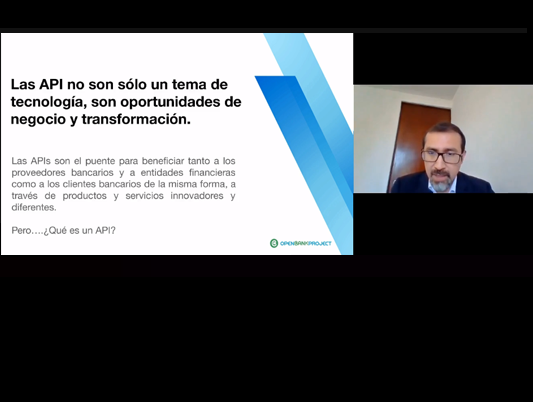
Although the development of the Open Finance model in Latin America is in its basic stages, the financial and fintech industries undoubtfully perceive the technology as a step that, sooner or later, will have to be implemented.
“[Even though in the Region] the regulatory frameworks are still being sorted out, some use cases of advanced Open Banking strategies are starting to appear because marketplaces can be developed in parallel in the basic and advanced stages,” said Raul Nava Salazar, Open Finance Consultant, Nova Technologies, during the latest edition of Open Bank Latam.
Precisely, during the “APIs at the Service of Ubiquitous Banking” panel, Navas explored some of the fundamental points that are paving the way for the adoption of this model.
You may also like: 3 lessons learned about the implementation of Open Banking in Brazil.
Although the situation is particularly different in each country, banks wonder whether to move forward or wait for specific regulatory guidelines. “Each financial institution makes its own particular decision. Different banks are already offering and publishing their APIs, while others are taking a more conservative stance”, Nava shared.
In the case of Fintechs, “they are the ones that least wait for the regulatory issue; they are busy generating financial innovation, and this may incentivize some traditional entities to adopt their type of business model”.
When mentioning the main challenges for the implementation of open finance in Latin America, the executive highlights:
-The model that traditional banking entities chose for the integration of financial information since the implementation time and method can become expensive.
-Flexibility with Fintechs. With priority, securely share the information, and on the other hand, also consider its traceability (when, how, and at what level it will be shared).
– Information security. This is the biggest challenge: to achieve the level of homogeneity related to how the data is shared, how to ensure that it is stored properly and that it is not used for purposes other than those initially planned for.
Payment transactions through open banking/finance will exceed $ 116 billion by 2026, according to a new study from Juniper Research.




